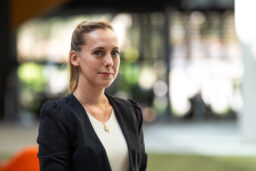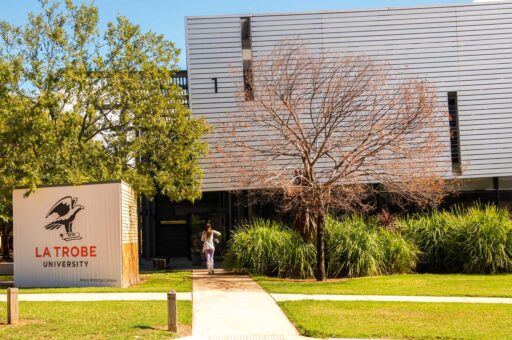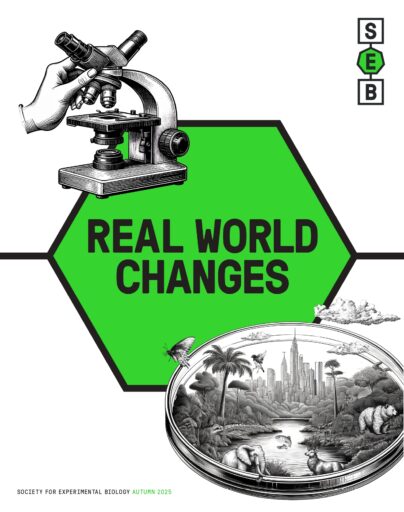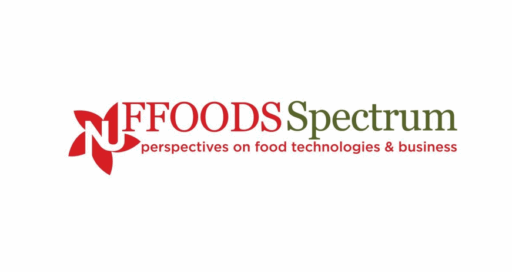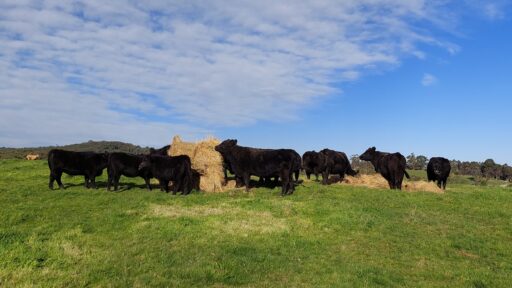
From PhD Student to Expert Researcher: An Interview with Dr Lee James Conneely
August 11, 2025
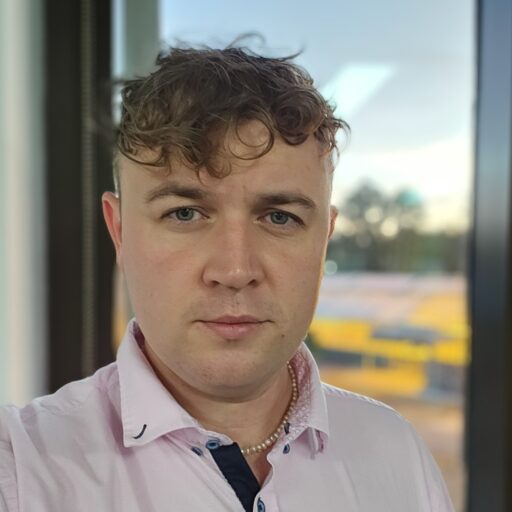 Lee Conneely recently completed his PhD with the MedAg Hub at La Trobe University, where his research focused on Cannabis sativa epigenomics.
Lee Conneely recently completed his PhD with the MedAg Hub at La Trobe University, where his research focused on Cannabis sativa epigenomics.
His thesis, titled “Cannabis sativa Epigenomics: Regulation of the THCAS and CBDAS Loci”, represents a significant contribution to our understanding of plant specialised metabolism and epigenomic regulation.
Lee is now a Research Officer at the ARC Centre of Excellence in Plants for Space (La Trobe University node), where he continues to apply his expertise in plant genomics and biotechnology.
Could you briefly describe your study journey? What led you to this field/area of research?
I completed a Bachelor of Science in Genetics at University College Dublin, with an honours project on DNA repair mechanisms at the University of Copenhagen. I then pursued a master’s in plant science through the Green Life Sciences programme at the University of Amsterdam, where I studied the pathogenicity chromosome of the tomato pathogen Fusarium oxysporum forma specialis Lycopsersicum
For my second-year project, I received a research grant from Southern Cross University in Australia to study Cannabis sativa glandular trichomes. This led to a second master’s by Research focusing on trichome protein biology.
I then joined La Trobe University’s MedAg Hub PhD programme in Melbourne, where I applied genomics and cell biology technologies to investigate gene regulation and single-cell biology of Cannabis sativa trichomes, completing my PhD earlier this year.
What motivated you to pursue a PhD?
I was encouraged to pursue a PhD by Professor Tobias Kretzschmar (Southern Cross University), who recognised my aptitude for research and supported my continued development in the field.
What was the focus of your research, and why does it matter?
My research focused on understanding gene regulation in plant glandular trichomes. By uncovering how genes are expressed in these structures, we can manipulate gene expression or introduce new genes, enabling the engineering of plants to produce valuable commercial and medicinal compounds.
How has your PhD helped shape your current role or career path?
My PhD at the MedAg Hub had a tremendous impact on my career. I developed strong skills in both laboratory genomics and bioinformatic data analysis, which have been essential to my progression as a genome biologist. The programme exceeded my expectations, providing the encouragement and support to pursue research in epigenetics and single-cell biology. As a result, my work has been published, with additional publications in progress.
What skills or experiences from your research have been most valuable in your professional life so far?
The most valuable skills I’ve gained include preparing next-generation sequencing libraries, conducting chromatin and transcriptome assays, performing single-cell omics assays, and developing an in-depth understanding of bioinformatics. These competencies have been, and will continue to be, essential in my professional career.
Can you share a personal challenge or accomplishment from your academic journey?
I would say overcoming my initial dislike of bioinformatics at the start of my PhD. Interestingly, bioinformatics later became one of my favourite and most rewarding aspects of my work. Another key accomplishment was building the confidence and skills to present my research at major international conferences.
What are your best and most difficult memories from your PhD?
Some of my best moments were the everyday successes: finishing a long, complex experiment or working late into the night with a cup of tea, knowing that the data from the high-performance computer was meaningful and high quality.
The most difficult memories involve the compliance work required for organising Cannabis experiments, which could be tedious but was essential. Thankfully, we had an experienced compliance team who provided valuable guidance and support throughout.
Do you have any advice for future students or early-career researchers?
Take the time to familiarise yourself with R studio and bioinformatics early on.
Don’t hesitate to ask for help—it’s practical and a great way to build connections. Don’t be afraid to optimise methodology, but practise with the cheap reagents.
Is there anything else you’d like to share?
Big thank you to Professor Tony Bacic and Professor Mathew Lewsey for debating ideas, planning projects, and hearing me out during my PhD. I wouldn’t be where I am today without you.
The MedAg Hub was instrumental in training a new generation of researchers, providing students like Lee with hands-on experience in cutting-edge plant science and industry-relevant skills. As we move forward with new hub initiatives, we are committed to building on this strong legacy, continuing to foster collaboration between research and industry, and supporting students in becoming future leaders in plant biotechnology.
Stay tuned for updates on our research, industry collaborations, and opportunities to engage with the PC Hub.
🔗 Follow us on LinkedIn to stay connected!

